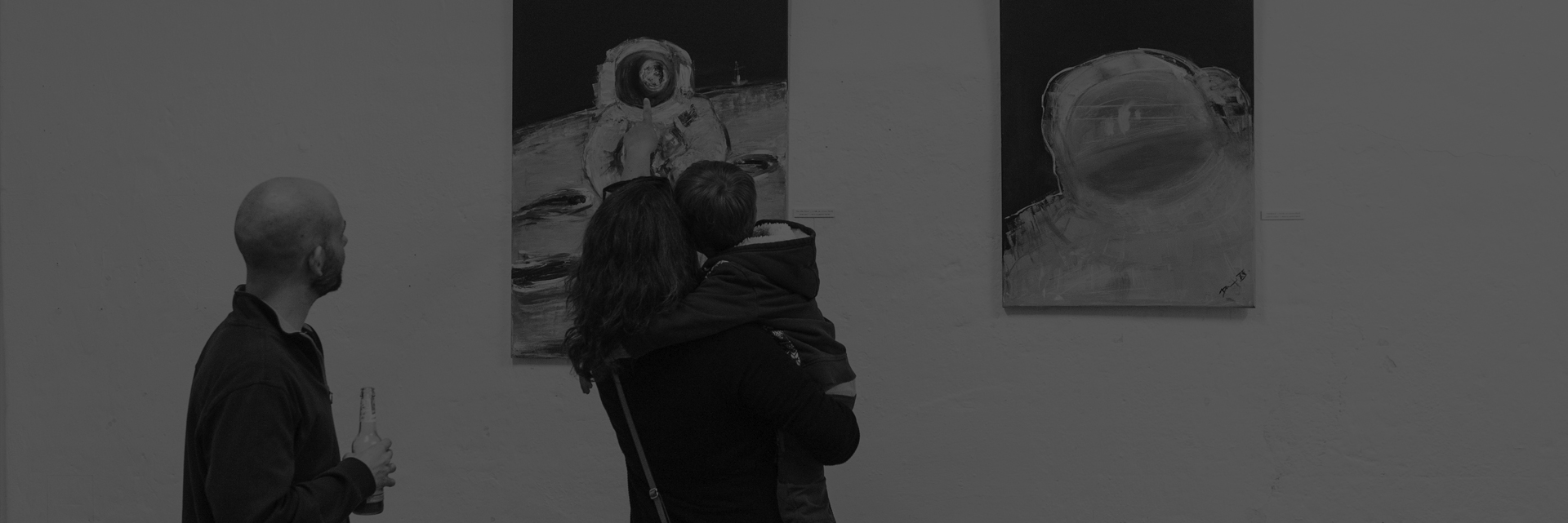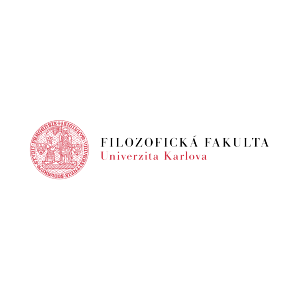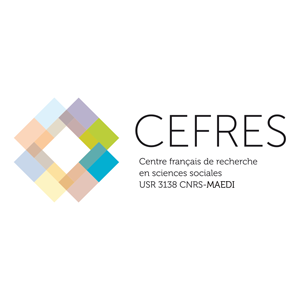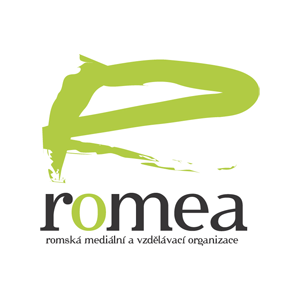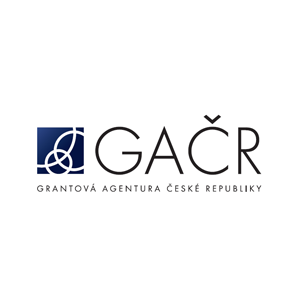Romani History Seminar (Online)
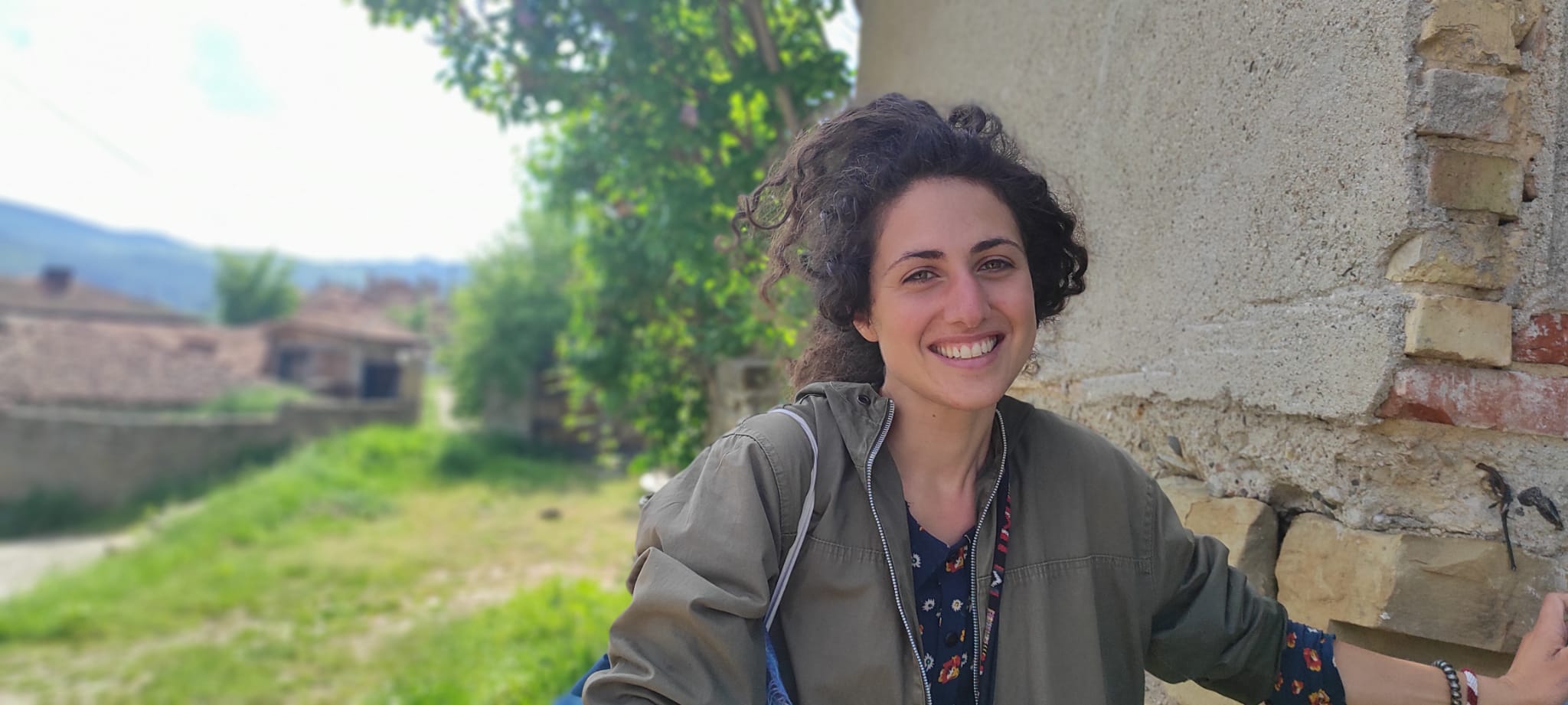
"'Folk music is Balkan music.' Kotel musicians’ positioning, between re-appropriation and resignification."
On Wednesday, 17 April at 5:00 PM CET, we will discuss Camilla Salvatore‚s dissertation chapter „‚Folk music is Balkan music.‘ Kotel musicians’ positioning, between re-appropriation and resignification.“ Carol Silverman will be our invited discussant for this session. Please register here: https://us06web.zoom.us/meeting/register/tZMvdOqvqjgrG9TwQ4uSyjDhGEK-mmzsm_as
After registering, you will receive a Google document link to access Camilla Salvatore’s text.
Registered participants can access the text using the link provided in the Zoom registration confirmation email. In case you face any difficulty, do not hesitate to contact us.
Abstract
In this chapter, we will examine the shifting meanings of the terms „chisto“ (lit. pure/clean) and „narodna“ (lit. popular/folk), used today in both expert and popular discourses in Bulgaria to refer to what is supposed to be „folklore,“ taking into account their historicity, intertextuality, and interdiscursivity. That is, using a sociolinguistic approach (Heller 2002; Canut et al. 2019), we will locate the use of the terms in specific historical contingencies and consider what are the goals and intentions of the speakers when they use these terms. In the first section, we will see how, during the communist period, an institutional definition of „chista narodna muzika“ (lit. “pure folk music”) was given by experts to define a form of music that was considered essentially Bulgarian and thus to delimit the borders of the so-called narod (lit. the nation). We will observe that – in a process of erasure (Gal and Irvine, 2019) – this music was „purified“ of any elements considered „too oriental“ such as ornaments called “turtsism” (Buchanan, 2006) or “tsiganiya” (Peicheva, 1998). We will then consider how, with the event of demokratsiya (lit.“democracy”) followed by that of globalization, the same concepts have been reappropriated (Silverman, 2012) and resignified (Butler, 2006) by individual actors in order to adapt them to new values and needs. By examining how Roma musicians in Kotel use the terms of „chista“ (lit. pure/clean) and „authentichna“ (litt.authentic) to describe their way of playing music, we will hypothesize that, by enacting a real “performance of authenticity”(Lemon, 2000), they are able not only to challenge official categorizations and the stereotypes associated with them, but also to claim their place in the Bulgarian society as active contributors to the transmission and development of its culture.
Camilla Salvatore is a Ph.D. student at the Charles University in Prague (supervisor: Yasar Abu Ghosh) in General Anthropology and at the Université de Paris Cite (supervisor: Cécile Canut) in Sociolinguistics. In her dissertation – provisionally entitled „We speak clean Gypsy, I am a pure Roma“ performing difference through linguistic and artistic practices in Kotel, Bulgaria“ – she analyzes how Roma residents of Kotel position themselves in relation to the official discourse promoting the city as a „model of Roma integration“ through their artistic and linguistic practices. She has a Master’s degree in Anthropology from the University of Turin and a Bachelor’s degree in Philosophy from the University of Milan. Her interests are documentary films, music (she plays the clarinet as an amateur) and hiking.
Contact: salvatorecamilla8@gmail.com
Carol Silverman is a cultural anthropologist and folklorist who has been involved with Balkan music and culture for over 30 years as a researcher, teacher, activist, and performer. Focusing on Bulgaria and Macedonia as well as on Balkan Romani immigrants to North America and western Europe, she has investigated the relationship among politics, ethnicity, ritual, music, and gender. She also explores the phenomenon of “Gypsy” music in relation to issues of appropriation, representation, and the negotiation of identities in the world music market. Her book Romani Routes: Cultural Politics and Balkan Music in Diaspora was released in 2012 (paperback, 2014) with Oxford University Press with an extensive accompanying website. It won the Alan Merriam Book Prize from the Society for Ethnomusicology. Her new book, Ivo Papasov’s Balkanology (Bloomsbury, 2021) traces Bulgarian Wedding Music from its creation in the 1970s to its emergence as a world music phenomenon in the 1990s to its reconfiguration in the present. Her research has been supported by Guggenheim, IREX, NEH, ACLS, and NCSEER. She is also a professional performer and teacher of Balkan music, and works with the NGO Voice of Roma.
Contact: csilverm@uoregon.edu
Please note: papers presented at the seminar have not been published yet. As a participant of the Romani History Seminar, you agree to respect the intellectual property of the author, i. e. to not reproduce, distribute, display or use their paper, sections of their paper, or their primary sources in any way.
Online. Please register here: https://us06web.zoom.us/meeting/register/tZMvdOqvqjgrG9TwQ4uSyjDhGEK-mmzsm_as
After registering, you will receive a Google document link to access Camilla Salvatore’s text.




